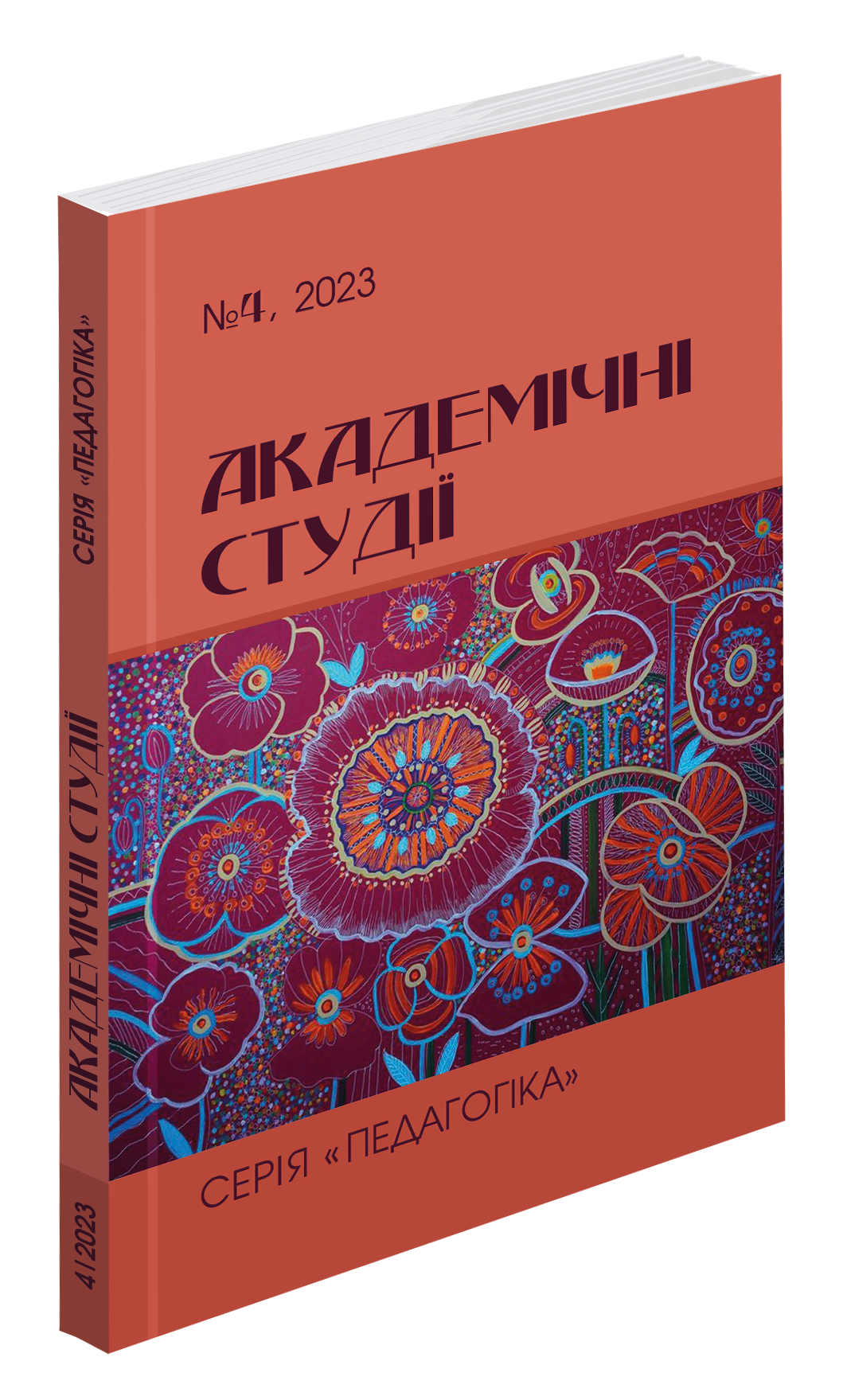Abstract
The paper explores the transformative role of Artificial Intelligence (AI) in foreign language study within the context of higher education. It discusses how AI has redefined traditional teaching methods by introducing innovative pedagogical tools. Through an in-depth analysis, the research illustrates the enhancement of communicative capabilities, where AI significantly improves the interaction dynamics in the target language among students. Presently, AI-driven language platforms enable personalized learning, catering to individual strengths and cultural backgrounds. However, concerns emerge about the potential erosion of traditional teaching roles in the face of AI’s capabilities. Yet, for AI to enhance the learning process, educators must possess robust digital competencies to effectively leverage AI technologies. Furthermore, the utilization of AI enables the customization of learning experiences, adapting to individuals’ needs, propensities, and skill levels, thus fostering motivation and commitment to language acquisition. AI’s capability to offer immediate and precise feedback is also highlighted as a critical factor in expediting the learning process and easing the anxiety related to performance evaluation. Moreover, the emergence of intelligent conversational assistants is showcased as a pivotal development in the domain. These AI-driven language bots act as virtual language partners, offering realistic conversation practice and proficiency evaluations that contribute to a supportive and boundless learning environment. While acknowledging the substantial benefits of AI in foreign language education, the paper concludes by reaffirming the irreplaceable role of human teachers as the central organizers of the educational process. It is implied that the successful integration of AI in language pedagogy rests upon its alignment with conventional teaching practices guided by experienced educators.
References
Ayotunde, O. O., Jamil, D. I., & Çavuş, N. (2023). The impact of artificial intelligence in foreign language learning
using learning management systems: a systematic literature review. Information Technologies and Learning Tools, 95(3),
–228. https://doi.org/10.33407/itlt.v95i3.5233.
Deng, M. (2022). Application of Artificial Intelligence Technology in College Students’ Foreign Language
Learning. IEEE Xplore. https://doi.org/10.1109/ecei53102.2022.9829486.
Dudenaite, D., & Dudenaite, D. (2023, August 1). AI in institutional language learning. Retrieved from https://
media-and-learning.eu/type/featured-articles/ai-in-institutional-language-learning/.
Golub, T., Kovalenko, O., & Zhygzhytova, L. (2022). Digital pedagogy in higher education. Collection of Scientific
Papers «SCIENTIA», (June 10, 2022; Sydney, Australia), 7–9. Retrieved from https://previous.scientia.report/index.php/
archive/article/view/253.
Gupta, S. (2023, June 28). How AI-Driven platforms are empowering Language Learning. Retrieved from https://
elearningindustry.com/how-ai-driven-platforms-are-empowering-language-learning.
Gupta, V., & Gupta, C. (2023). Navigating Foreign Language-Taught Degrees: Embracing Artificial Intelligence-
Driven Language translators to overcome linguistic challenges. IEEE Computer, 56(9), 71–76. https://doi.org/10.1109/
mc.2023.3290686.
Huang, X., Zou, D., Cheng, G., Chen, X., & Xie, H. (2023). Trends, Research Issues and Applications of
Artificial Intelligence in Language Education. Educational Technology & Society, 26(1), 112–131. https://www.jstor.org/
stable/48707971.
Kuo, T. (2020). The current situation of AI foreign language education and its influence on college Japanese
teaching. In Lecture Notes in Computer Science (pp. 315–324). https://doi.org/10.1007/978-3-030-49913-6_27.
Pham, T. N. (2022). Artificial Intelligence application in foreign language teaching and learning. Advances in
Image and Video Processing, 10(5). https://doi.org/10.14738/aivp.105.13061.
Pikhart, M. (2020). Intelligent information processing for language education: The use of artificial intelligence in
language learning apps. Procedia Computer Science, 176, 1412–1419. https://doi.org/10.1016/j.procs.2020.09.151.
Schmidt, T., & Strassner, T. (2022). Artificial intelligence in foreign language learning and teaching. Anglistik,
(1), 165–184. https://doi.org/10.33675/angl/2022/1/14.
Tobing, M. B., Sna, F. I., Hayrunnisa, N. R., Haswuri, N. I. T., Sutarsyah, C., & Munifatullah, F. (2023). An
exploration of artificial intelligence in English Language teaching as a foreign language. International Journal of Social
Science and Human Research, 06(06). https://doi.org/10.47191/ijsshr/v6-i6-78.
Zhai, C. (2023). A systematic review on artificial intelligence dialogue systems for enhancing English as foreign
language students’ interactional competence in the university. Computers & Education: Artificial Intelligence, 4, 100134.
